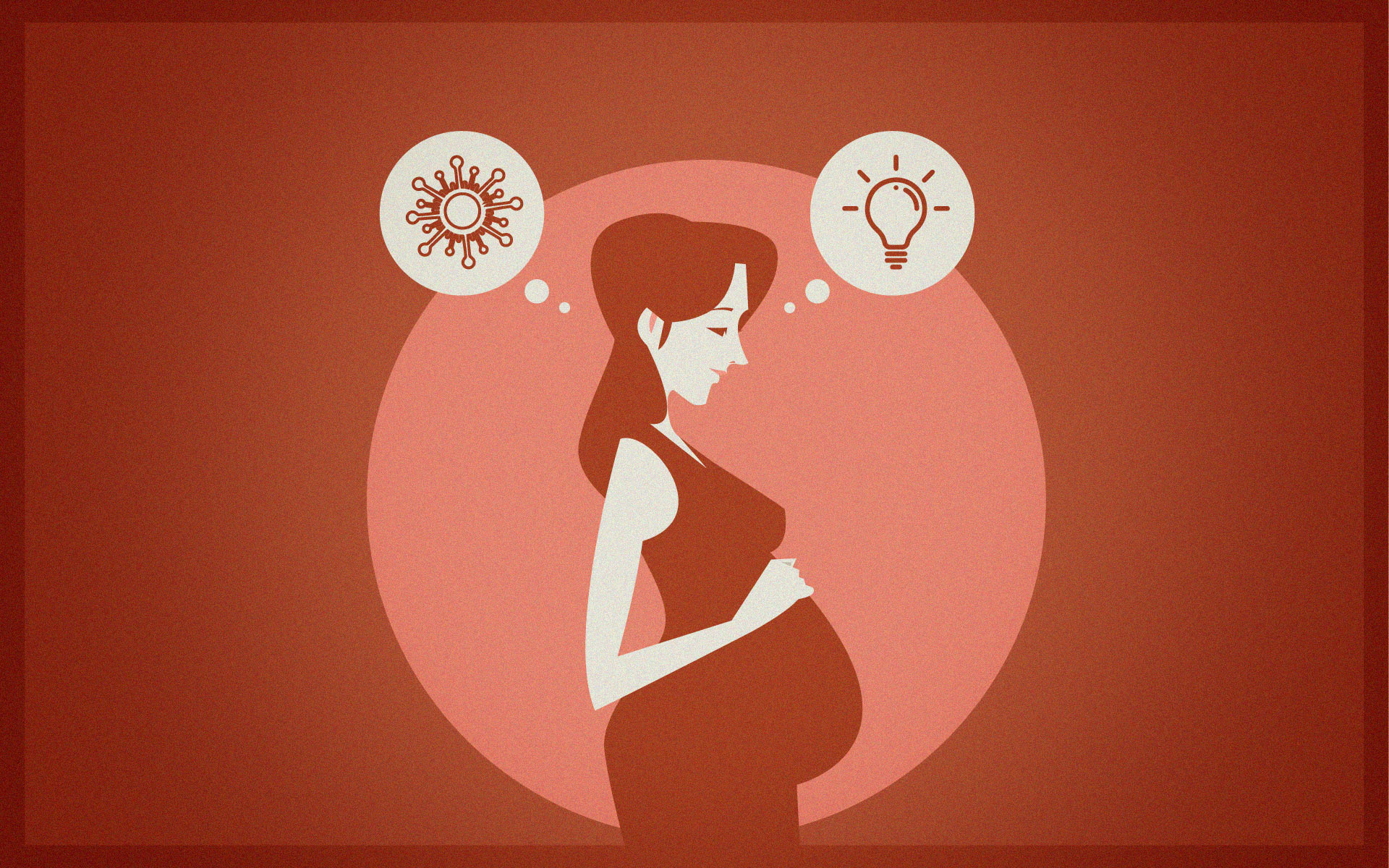Whether you choose a home or hospital birth, here’s how to stay safe during COVID–19
Natural or Caesarean? Home birth or hospital birth? A mom-to-be has many questions when it comes to having a baby. Now there’s another one to add to the list.
What are the risks of contracting COVID–19, for me and my baby?
The good news, according to the World Health Organisation (WHO), is that there’s no evidence that pregnant women are at higher risk of catching COVID–19, or that it can be passed on in utero. Recovery rates during pregnancy are also equal to those of non-pregnant women.
Because pregnant women experience immune changes, increased cardiopulmonary strain and blood clotting factors, however, they might be at increased risk of severe symptoms if they do contract the virus.
COVID-infected pregnant women are significantly more likely to be admitted to intensive care and receive ventilation, according to a study published in Morbidity and Mortality Weekly Report.
While this research is far from conclusive, it’s another good reason to focus on preventative measures and overall health during pregnancy.
Wash your hands, sanitise, wear a mask, and keep your distance from others if you’re out.
Nutritious food, prenatal supplements, appropriate exercise and enough rest can also help to support immune function and recovery.
“Our patients are, understandably, deeply afraid of this scary virus which has brought everything to a standstill,” says Dr Kobie Erasmus, Obstetrician-Gynaecologist at Tygerberg Hospital in Cape Town.
“The mums that test positive for or are suspected of having COVID–19 are quarantined, which separates them from their support networks, causing feelings of isolation and more fear. We really feel for them.”
For the health of yourself and your baby, it’s important to find coping methods.
High levels of anxiety during pregnancy can increase risk of pre-eclampsia, postnatal depression, prolonged and more painful labour, and unplanned C-sections.
It could also predispose your baby to premature birth, low birth weight and colic. Cognitive behavioural therapy can substantially reduce anxiety in pregnant women.
Dr Erasmus adds that another concern is women skipping prenatal visits.
“Either they’re afraid of virus exposure in our busy hospital, or they misunderstand that they’re not allowed to go out.”
Check-ups are crucial for early detection of serious conditions such as pre-eclampsia and gestational diabetes.
Stick to your check-up schedule and call your healthcare provider if in doubt.
The where and how of giving birth during COVID–19
South Africa’s National Department of Health has released COVID–19 maternal and newborn care guidelines, to be followed by health facilities.
All staff must be regularly screened, wear personal protective equipment, and adhere strictly to COVID–19 cleaning routines. Screening and mask-wearing for patients is also routine.
In suspected or confirmed cases, all care must be in an appropriate isolation room or ward, with dedicated staff.
Some hospitals have entire separate wings, while others may have a dedicated ward. The guidelines state that COVID–19 is not an indication for induction or Caesarean section, unless medically necessary.
Elective C-sections offer the advantage of scheduling, but they take a significant toll on the body and create an inflammatory response, warns Dr Erasmus.
They also generally involve longer hospital stays, and C-section babies have been found to have lower overall immunity.
Home births mean you can control the people around you, but you need to know if your midwife is visiting many homes and if they’re quarantining in between.
“The risk of complications arising and then not being able to get to a hospital in time should always be considered with home births,” cautions Dr Erasmus.
The ideal option, whenever possible, is natural birth in a hospital or birthing centre with strict hygiene procedures, he adds.
Alone time
Chances are you pictured a loved one with you when you planned the birth of your baby. Sadly, this isn’t an option for some women, particularly in the public sector.
If you’re birthing in a private hospital, it may be possible for your partner to join you.
Private hospitals usually provide faster test results, and the majority of births are elective, so there’s more time for advance testing.
Amor Herbst, team leader for the Leche League South Africa’s (LLLSA), recommends building your support network while you’re pregnant.
Moms can call, SMS, or WhatsApp the organisation for help, information and support.
Separated at birth
The good news is that healthy babies can stay with mothers.
If your baby is very ill (for example, if it’s premature or in respiratory distress), they’ll be isolated in a paediatrics/neonatal unit and you can’t visit if you are suspected of having the virus, although you can still express milk for them.
Breast is still best
Breast milk, particularly colostrum, is still the best choice, even if you express or need to supplement with formula.
It boosts the baby’s immune system, has anti-infective properties, encourages the growth of healthy bacteria, and provides antibodies for your baby.
Moms who are too sick to express on their own may be assisted by staff, if hospitals have the capacity.
With so much focus on combating this virus, you shouldn’t let fear of catching it prevent you from getting the care you need and deserve.
Having a healthy, happy pregnancy and birth is possible, even during the pandemic.
*This article is intended as an overview of current information and does not replace the advice of your healthcare provider.

Leave a Reply